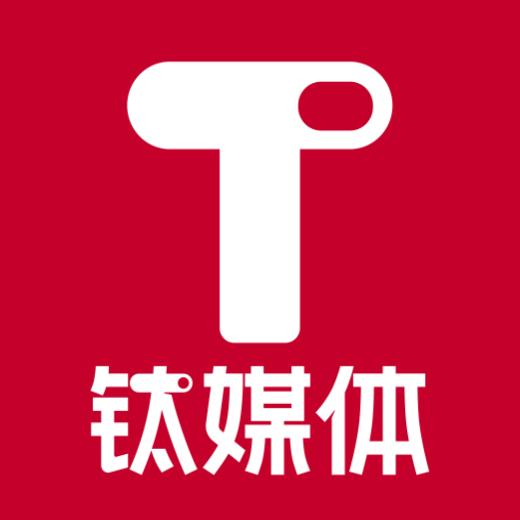TMTPost -- The Chinese government reprimanded the Biden administration for further tightening China’s access to advanced semiconductor technologies.
Credit:Visual China
China firmly opposes the latest revision of the U.S. export controls as it seriously dampened the the mutually beneficial cooperation between Chinese and foreign enterprises and damages their legitimate rights and interests, a spokesperson of China’s Ministry of Commerce (MOFCOM) responded to the reporter’s request for comment on, according to the ministry’s website. The abuse of the concept of national security, wanton modification of rules and implementation of strict restrictions by the United States have not just created additional obstacles for Chinese and American companies to carry out normal economic and trade cooperation, increased their compliance burden, but also led to huge uncertainties of the global semiconductor industry, said the spokesperson.
The spokesperson noted enterprises across the globe, including those in the U.S., want a stable and predictable business environment since the semiconductor industry has been highly globalized and interwined following several decades of development, which resulted from the combined effects of the market rule and businesses’ choices. China, as the world’s largest semiconductor market, is willing to work with various parties to boost cooperation for mutual benefits and promote the security and stability of the global semiconductor industry chain and supply chain, MOFCOM website quoted the spokesperson.
The spokesperson made the remarks on Sunday, days after the U.S. government revised rules with an aim to make it harder for China to access U.S. artificial intelligence (AI) chips and chipmaking tools, less than half of a year after the original rules introduced. Under the revised rules, which run 166 pages, restrictions would be expanded to laptops containing those AI chips, Reuters reported, adding that new rules will go into effect on April 4.
The abovementioned original rule entitles “Implementation of Additional Export Controls: Certain Advanced Computing Items; Supercomputer and Semiconductor End Use; Updates and Corrections”. The U.S. Department of Commerce has said it reinforces the controls launched in October 2022 to restrict China’s both purchase and manufacture certain high-end chips critical for military advantage. The agency believes the rules are necessary to maintain the effectiveness of these controls, close loopholes, and ensure they remain durable.
The rule, introduced on October 18, was supposed to come into effect following a 30-day public comment period. However, Nvidia Corporation, the AI chip leader,disclosed on October 25 that the U.S. government informed the licensing requirements of the rule applicable to products having a “total processing performance” of 4800 or more and designed or marketed for data centers, is effective immediately.
Nvidia has modified some of flagship products including A100 and H100 for exports to China, including an alternative A800 chip, as the U.S. regulators last year banned it from selling its most advanced chips to China. But even A800, the weakened version of Nvida’s cutting-edge A100 processor, is not allowed for export without first obtaining a license according to the new restrictions.
The U.S. Commerce Department took further steps a draft rule in January, which requires American cloud service providers to reveal foreign customers' names and IP addresses and report suspicious malicious cyber-enabled activity when customers train a large AI model. Commerce Secretary Gina Raimondo said the rule targets foreign entities including Chinese ones’ access to U.S. data centers to train AI models. "We can't have non-state actors or China or folks who we don’t want accessing our cloud to train their models," Raimondo told Reuters in an interview in February. "We use export controls on chips. Those chips are in American cloud data centers so we also have to think about closing down that avenue for potential malicious activity," the Secretary said.
Bloomberg reported in March the U.S. government is considering blacklisting Chinese semiconductor companies related to Huawei, including chipmakers Qingdao Si'En, SwaySure, and Shenzhen Pensun Technology Co, (PST) and China’s leading memory chipmaker, ChangXin Memory Technologies Inc.,(CXMT). Most of companies that coule be placed on the blacklist were identified as chipmaking facilities took over or being built by Huawei by the Washington-based trade group Semiconductor Industry Association, according to the report.
China remains firmly opposed to the U.S. tech blockade and restrictions on China and sanctions and suppression against Chinese companies, which gravely harm the legitimate rights and interests of Chinese companies, violate market economy principles, undermine international trade rules, and destabilize the global industrial and supply chains, Lin Jian, the spokesperson of China’s Foreign Ministry, commented on reported U.S. looming list of Chinese advanced chipmaking factories barred from receiving key tools from the U.S. at press last Friday.




























热门跟贴